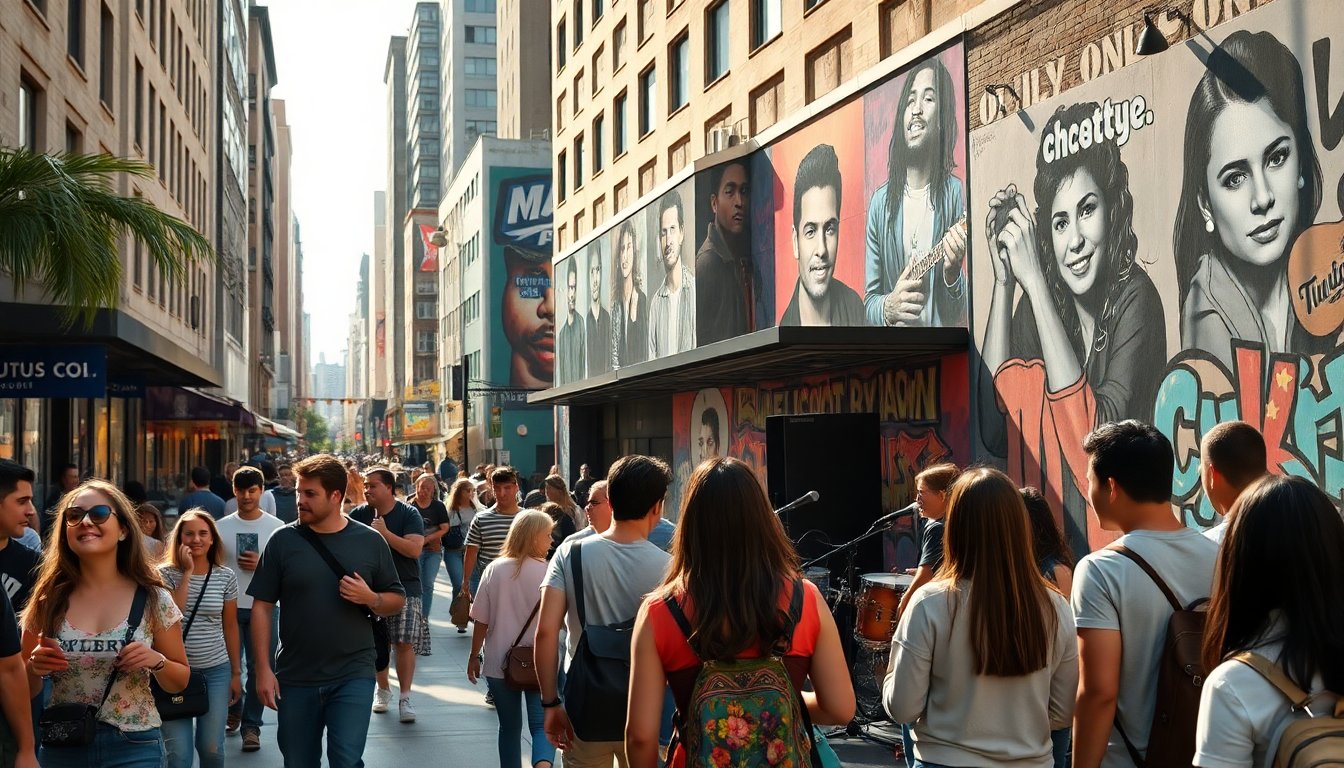Table of Contents
American celebrities have long captivated the public’s imagination as cultural icons and trendsetters. Their influence extends beyond mere entertainment, impacting societal norms and values. This article explores the dynamics of celebrity culture in America and examines how these public figures shape perceptions.
The rise of social media has transformed celebrity-fan interactions, providing unprecedented access and engagement. This shift has blurred the lines between celebrity and the public, leading to new forms of celebrity worship and scrutiny.
The Evolution of Celebrity Culture
Historically, the concept of celebrity has evolved significantly. In the early 20th century, stars like Charlie Chaplin and Mary Pickford captivated audiences through silent films. As technology advanced, so did the mediums through which celebrities engaged with their audiences. The introduction of television brought forth new stars such as Lucille Ball and Elvis Presley, who became household names.
With the advent of the internet, particularly platforms like Instagram and Twitter, celebrities gained direct access to their fans. This shift has made the relationship more personal and interactive. Fans now feel a connection with celebrities that was previously unattainable, resulting in admiration and criticism alike.
The Role of Social Media
Social media has revolutionized celebrity communication. These platforms allow for real-time updates and insights into their lives, fostering a sense of intimacy. This trend has led to ‘celebrity branding’, where stars curate their online personas to maintain relevance and attract endorsements.
However, this constant exposure invites scrutiny. Celebrities are often held to high standards, and their missteps can trigger public backlash. The cancel culture phenomenon exemplifies this, where celebrities face severe consequences for perceived misbehavior or controversial opinions.
The Impact of Celebrities on Culture
American celebrities wield significant influence over cultural trends and societal attitudes. They frequently serve as role models, shaping public perceptions of beauty, lifestyle, and success. For instance, the body positivity movement has been championed by celebrities like Lizzo and Ashley Graham, who promote self-acceptance and challenge traditional beauty standards.
Moreover, celebrities often use their platforms to advocate for social issues. Activists like Emma Watson and Leonardo DiCaprio leverage their fame to raise awareness about gender equality and environmental conservation, respectively. This activism can mobilize fans and inspire action, showcasing the power of celebrity advocacy.
Challenges and Responsibilities
While celebrities can drive positive change, they also face considerable challenges. The pressure to maintain a flawless image can lead to mental health struggles. High-profile cases, such as those of Demi Lovato and Britney Spears, highlight the darker side of fame and the need for support systems within the industry.
Furthermore, the responsibility that accompanies celebrity status is immense. With millions of followers, celebrities must navigate the complexities of their influence carefully. Their words and actions can inspire movements or, conversely, perpetuate harmful stereotypes and misinformation.
Conclusion
The rise of social media has transformed celebrity-fan interactions, providing unprecedented access and engagement. This shift has blurred the lines between celebrity and the public, leading to new forms of celebrity worship and scrutiny.0


